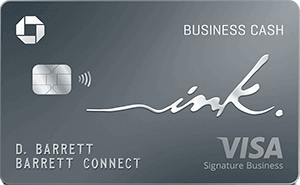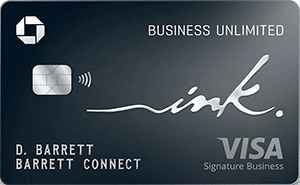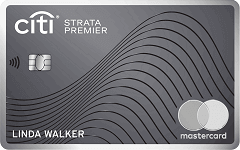 Life’s most important decisions run on credit; your credit score, or FICO® Score is the key to mortgaging a house, buying a car, getting lower interest rates on loans, and much more. Because this three-digit number is such a crucial factor in major life decisions, it is important for you to constantly improve and maintain your credit score. The following 7 tips will ensure you on the right way to improving your score.
Life’s most important decisions run on credit; your credit score, or FICO® Score is the key to mortgaging a house, buying a car, getting lower interest rates on loans, and much more. Because this three-digit number is such a crucial factor in major life decisions, it is important for you to constantly improve and maintain your credit score. The following 7 tips will ensure you on the right way to improving your score.
1. Check your credit report.
As long as you order your report directly from a credit reporting agency, requesting your own credit report will not hurt your score. To begin improving your credit score, request a free copy of your credit report and check for errors. You are entitled to one of each of your three credit bureau reports (Experian, Equifax, and TransUnion) for free every 12 months through AnnualCreditReport.com. Stagger them and request one every four months. Make sure there are no late payments incorrectly listed for any accounts, and that the amounts owed for each open account are correct. If you find errors, dispute them with the credit bureau.
2. Pay your bills on time.
Payment history is 35% of your FICO® Score! Delinquent payments and collections will hurt your score, and stay on your credit report for seven years. However, the longer you pay your bills on time, the more your credit score should increase. Older credit problems count for less, so the impact of a late payment will decrease over time. Avoid having balances on every card, because your score considers just how many of your cards have balances. So, charging $20 on two cards instead of $40 on one can possibly hurt your score.
- If you are paying on time every month but maxing out your limit, the bank thinks you are a spendthrift! If you cannot decrease your spending, then consider increasing your credit limit. Be careful not to also increase your spending habits.
- Another option is to pay your bills twice a month, once just before the statement closing date and second right before the due date. The first will likely reduce the balance that the credit bureaus see and the second helps to avoid interest or late fees.
3. Keep low credit card balances.
High outstanding debt can hurt your score. One of the major factors in your credit score is how much revolving credit you have versus how much you are using. The smaller the percentage, the better for your credit rating; optimum is 30% or lower.
4. Reduce the amount of debt you owe.
For some, reducing your debt might be more important than improving your score. The optimal payment plan is different for each person, but you should put most of your available budget towards the highest interest cards first, while maintaining the minimum payments on other accounts. You can also consider transferring your debt to a credit card with a lower interest rate, but keep in mind that balance transfer fees are inevitable and transfer rates expire.
5. Consider applying and opening new credit accounts.
Reestablishing your credit history by opening new accounts (i.e. credit cards and installment loans) responsibly and paying them off on time will raise your credit score in the long term. However, do not open them solely for a better credit score. Also, if you have a short credit history, do not open a lot of new accounts too rapidly. The new accounts will lower your average account age and decrease your score. Rapid account buildup also looks risky if you are a new credit user.
- If you are not sure you are able to use credit wisely, consider a secured credit card, and make sure to choose one that reports to all three major credit bureaus.
- You might also consider asking someone – a friend, or family member – to make you an authorized user of a credit card they’ve had for a long time and handled responsibly.
6. Do not close existing credit accounts.
Closing accounts not only lowers the number of open revolving accounts, but also decreases the total amount of available credit, resulting in a higher utilization rate, or balance-to-limit ratio, and a lower credit score.
7. Contact a credit counselor.
If you are struggling to improve your score, contact your creditor to meet with a credit counselor. They may or may not be able to help your score immediately, but seeking assistance from a counseling service cannot hurt your score.
8. Be patient.
The final key to having a good credit score is patience. Credit is important to your financial health, and creditors want to see that you have the ability to maintain a good, responsible standing in the long-run. Having knowledge of how your credit score is calculated, along with the tips listed above, will help you on your way to improving and maintaining your credit score.









